Gong xi fa cai, everyone! January 31, 2014 marked the first day of the lunar calendar for 2014, the Year of the Wooden Horse. Since it was a Friday, most of our family members had to work and were not available for partying. Hence, we celebrated Chinese New Year on the nearest Sunday (February 2, 2014) instead, with Yan Family Association (中山会馆 Chung Sun Woi Kwon), at Golden Fortune Seafood Restaurant, Kalaw Street, Ermita, Manila where we occupied the entire second floor. 🙂
新春會員聯歡大會 + 新屆理事就職典禮
As we gathered with friends and relatives to feast and spread goodwill for 2014, we also witnessed the induction of the 85th batch of officers of our Cantonese multi-clan association. These officers are responsible for organizing charitable projects and social services which benefit the Filipino-Chinese community. They are also responsible in preserving the customs and traditions of the Chinese living in the Philippines.
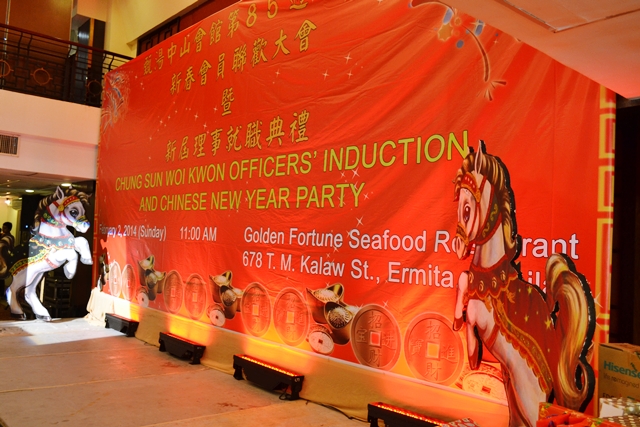
Although most of the association’s activities are not transparent to me (aside from celebrations like this), I heard that they offer free classes during summer for those who are interested to learn the Chinese language particularly Cantonese. The sad fact is that most people in our generation already don’t know how to speak in Cantonese. Conversed and taught in school usually are the more common ones such as Mandarin and Hokkien. We’re just lucky to have been trained to speak in all those three since childhood.
Celebrating Chinese New Year 2014 (Wooden Horse)
During the CNY celebration, we had games, raffle draws and prizes, song and dance numbers and giveaways for everyone. Still, the best and central part was the food! 🙂
Typical Chinese New Year food carries meanings. For instance, fish is associated with wealth because in Mandarin, fish is 魚 (yu) and the term for abundance is 餘 (yu). Regardless of the type of cooking done to fish, it symbolizes a positive year from start to end. 代表有足夠的東西可分讓出來(年年有餘).
Another food that’s probably the most popular during Chinese New Year is 年糕 (nian gao) or sweet sticky rice cakes in English. In the Philippines, this is referred to as “tikoy” (actually should be pronounced as “ti kuih”). In Chinese, the term 年年高生 literally translates to “every year higher and higher.” Does it make sense that way? Let me rephrase: raising oneself in each coming year. People believe that eating tikoy will make them advance toward higher positions and prosperity (讓人們逐步晉升到更高的職位與興旺).
– Mommy –
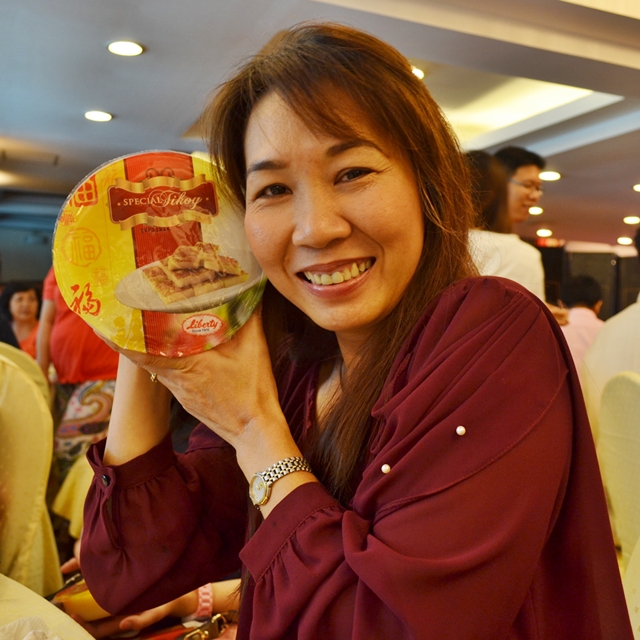
Because we’re not too superstitious, we’re okay to not follow every single one of them strictly. For lunch, we were served with random Chinese food which did not necessarily have to convey any prosperous meanings but nonetheless were festive:
Cold Cuts Platter
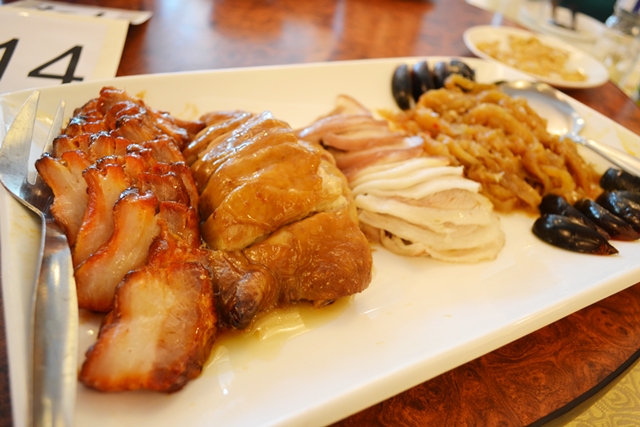
Steam Suahe
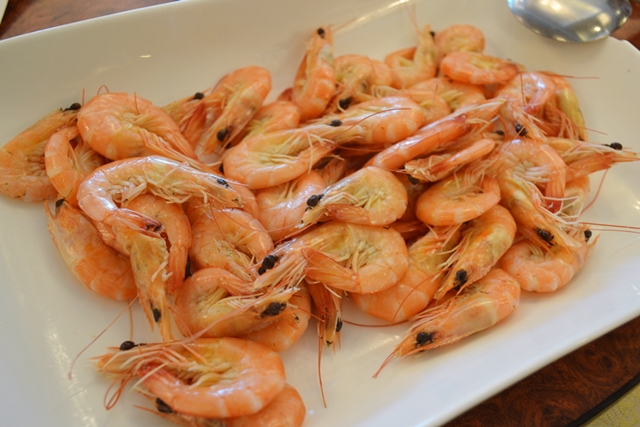
Wintermelon Soup
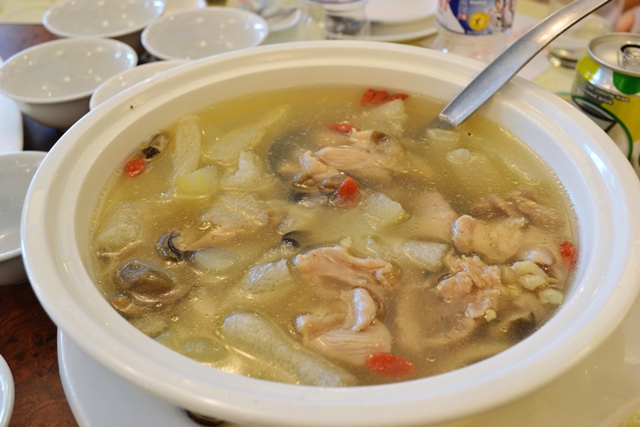
Japanese Crabmeat with Corn Roll
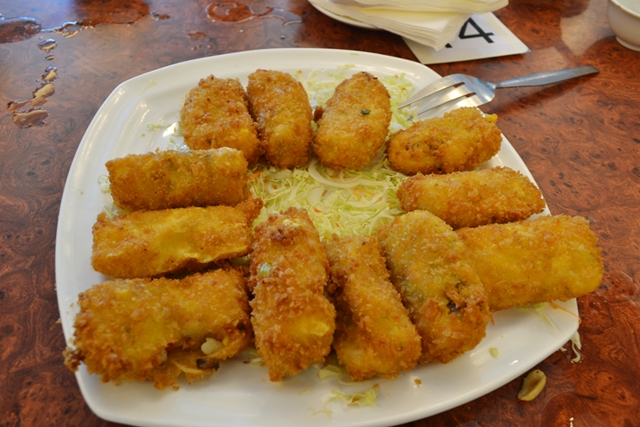
Yang Chow Fried Rice
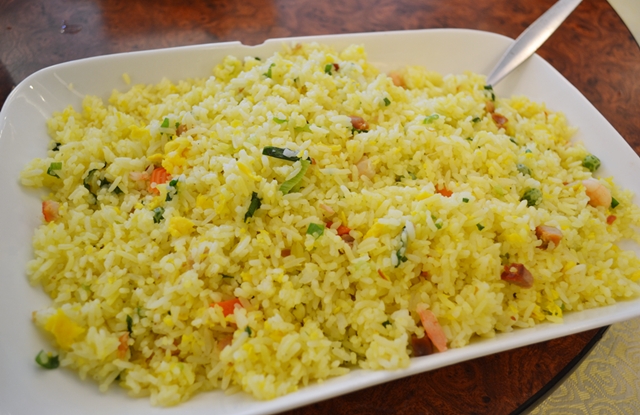
Peking Duck Golden Fortune Style
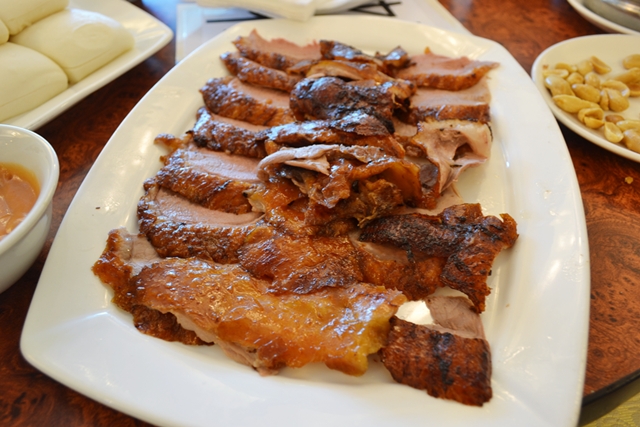
Buns
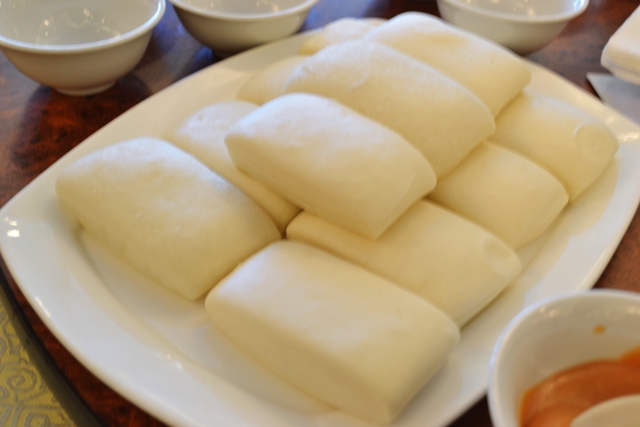
Minced Duck with Lettuce
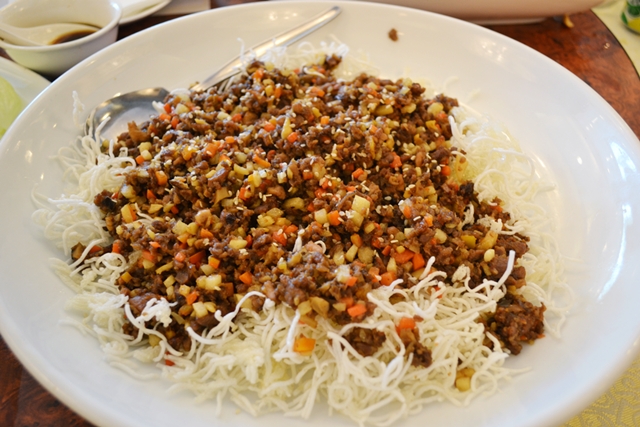
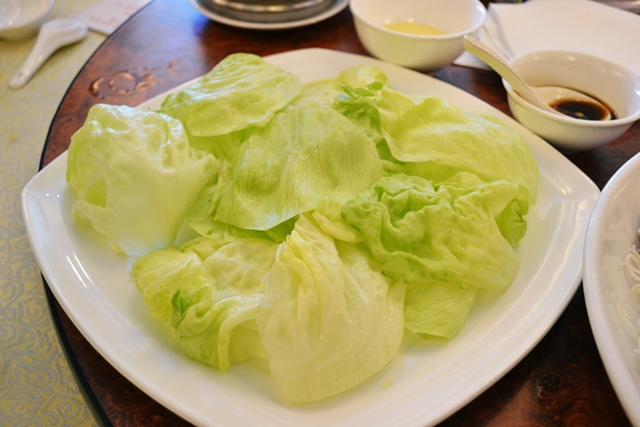
Pata Tim
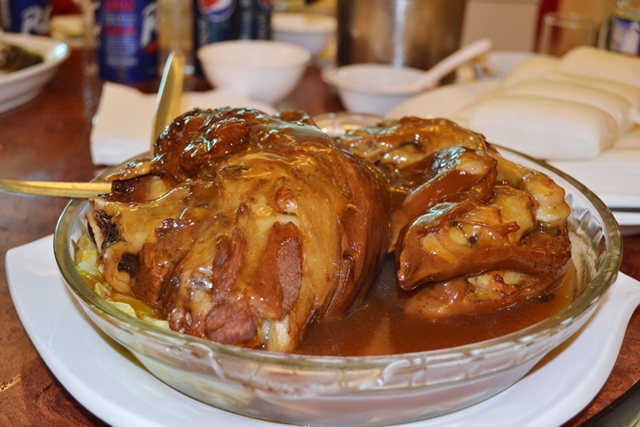
Steam Yellow Fish
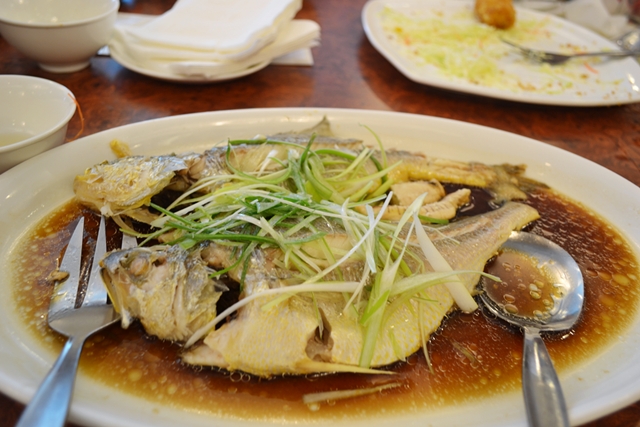
Desserts
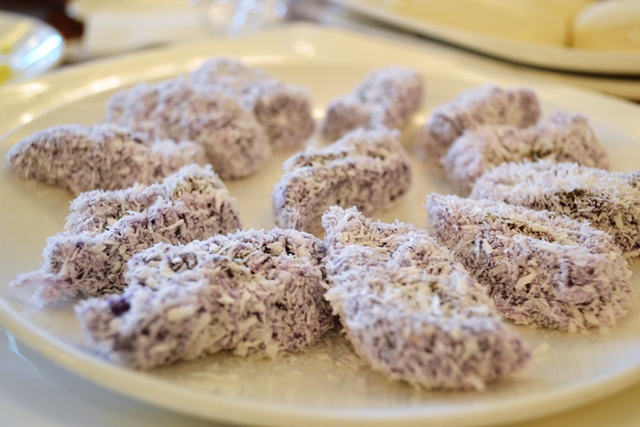
After taking small bites of each except the meat, I felt pleasantly full but not bloated, thank goodness. Then like always, we were given hong bao by the eldest members of the family association. 新年快樂! 😛

Leave a Reply to Mommy Pehpot Cancel reply